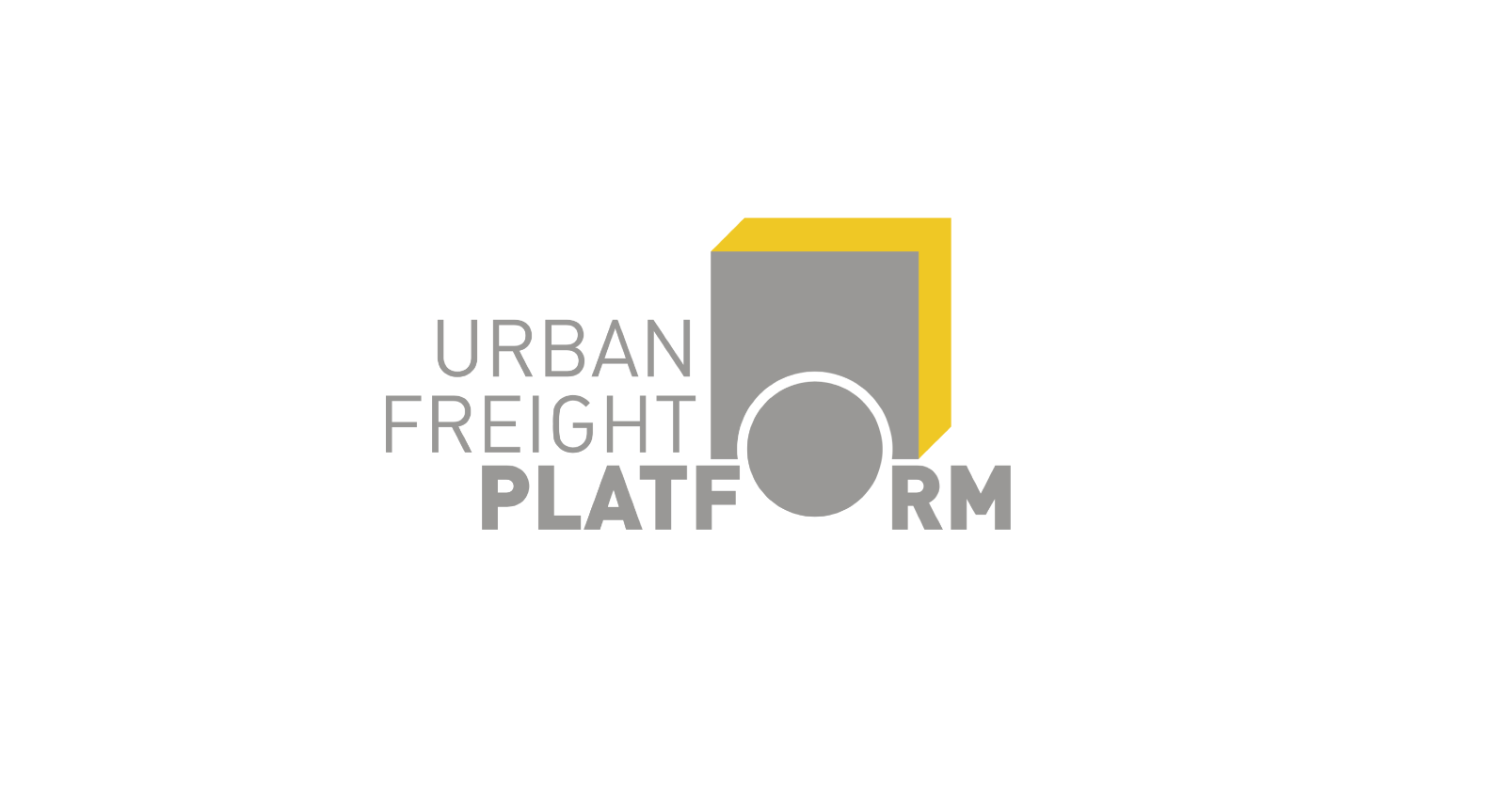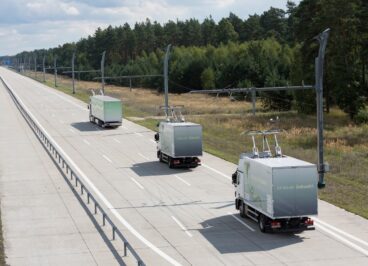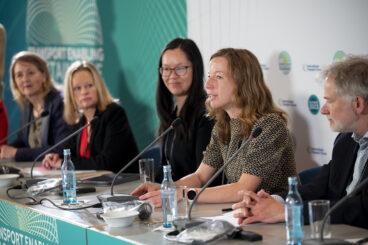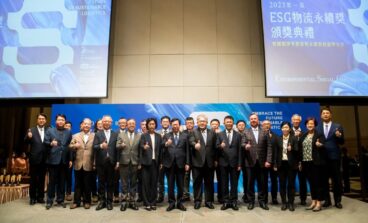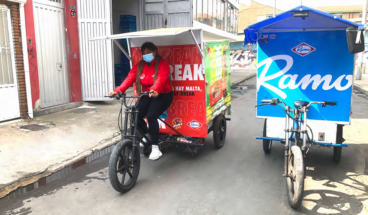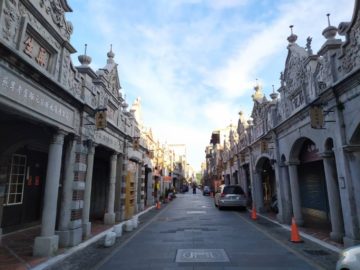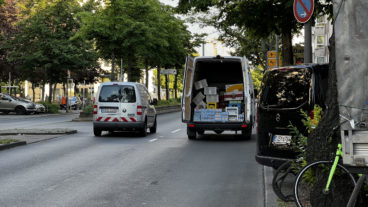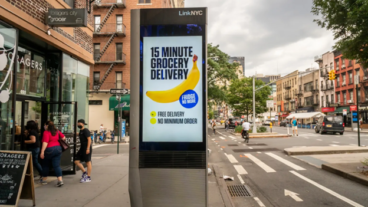4th VREF Conference on Urban Freight 2021 (23-25 March 2021)
Program
march, 2021
Tuesday, 23 March, 08:30-10:00 CET
Conference opening
- Henrik Nolmark, Director, Volvo Research and Educational Foundations (VREF)
- Jiunn-Ming Chiou, CEO, ICLEI EcoLogistics Community Chair Office / Deputy Secretary General, Taoyuan City Government
- Tu My Tran, Head of Sustainable Mobility Officer, ICLEI World Secretariat
- John Wedel, Head of Infrastructure and Logistics at Business Region Gothenburg
- Catrin Lammgård, Co-Director Northern LEAD, on behalf of University of Gothenburg and Chalmers University of Technology
Presentations – Moderator Michael Browne, University of Gothenburg
The Gothenburg Freight Network
- Ann-Sofie Karlsson, Planeringsledare Gods – och citylogistik Trafikkontoret
- Hannes Lindkvist, Chair Gothenburg Freight Network, Chalmers University of Technology
The view from Urban Design
- Jorge Gil, Architecture and Civil Engineering, Chalmers University of Technology
Multistakeholder approach to promote sustainable urban freight in Indian cities
Wednesday, 24 March, 8:30-10:00 CET
Abstract: Considering the high environmental externalities, urban freight has garnered considerable interest from the national government in India. The fragmented governance structure and lack of coordinated actions have made the sector complex. National governments consider urban freight to be a local problem; many local authorities consider it a private-sector problem, and the private sector often considers it as an infrastructure and regulatory problem. The current paper addresses complex issues of sustainable urban freight and governance in three Indian cities and states on a pilot basis: Kochi (Kerala), Panaji (Goa), and Shimla (Himachal Pradesh). The cities are selected considering different socio-economic and demographics characteristics to ease the replication in other cities. To, overcome the issues and challenges a multi-stakeholder governance approach has been proposed for real-time engagement, collaboration, and coordination amongst stakeholders. It discusses the findings of the approach to promote engagement and collaboration among various stakeholders actively engaged in the sector. The multi-stakeholder governance approach is developed as part of the larger project “EcoLogistics: Low carbon freight for sustainable freight” supported by the German Federal Ministry of Environment, Nature Conservation and Nuclear Safety through the International Climate Initiative.
The approach involved scientific understanding of the sector at different levels (national, state and cities) from the perspective of policies, regulations, governance, institutions, stakeholders, supply chain, infrastructure, and externalities. Based on detailed analysis, stakeholders were identified across the links of the urban freight supply chain (production, transportation, storage, and distribution). A detailed qualitative, as well as a quantitative approach, was developed for interactions along with primary surveys and analysis of secondary data.
It was observed that lack of coordination and understanding related to urban freight is resulting in policies and programs being planned merely from the passenger transport perspective, without considering the goods movement. Moreover, it includes the identification of various bottlenecks related to infrastructure and policies on urban freight in Indian cities. Based on initial findings, the local governments established the Multistakeholder committee through official letters in Kochi, Panaji, and Shimla. The immediate mandate of the committee was to initiate discussions on interventions to align freight policies with other development plans such as future comprehensive mobility plans, air quality plans, city development plans.
The approach is helping cities to develop baselines related to urban freight along with documentation of various externalities from the sector including GHG emissions. Following the baseline, cities aim to develop sustainable urban freight action plans and policies. The state and national governments shall be informed about detailed learnings from cities to initiate discussions on dedicated policy for sustainable urban freight in Indian cities.
Wednesday, 24 March, 12:00-13:00 CET (16:30-17:30 IST, 06:00-07:00 GMT-5, 08:00-09:00 GMT-3)
Freight transport and emissions are increasing rapidly and, until now, cities were not equipped to handle the associated challenges. Only about 21 percent of the Nationally Determined Contributions (NDCs) highlighting transport refers to freight transport, however, general understanding and awareness on sustainable freight have grown exponentially in recent years.
As governments set ambitious targets to decarbonize transport, it is critical that they use data to evaluate and make science-based decisions. Through the EcoLogistics project, nine cities – Rosario, Santa Fe, Córdoba (Argentina), Capital District of Bogotá, Metropolitan Area of the Aburrá Valley (AMVA), Manizales (Colombia), and Kochi, Shimla, Panaji (India) – have used the ICLEI EcoLogistics Self-monitoring Tool to compile and evaluate the data on the urban freight activities taking place in their jurisdictions. The data compiled forms a baseline for these cities to take informed, effective action to curb freight emissions – contributing to a sustainable low-carbon future. These cities are some of the first to compile this body of data on urban freight activities.
This session featured the launch of the EcoLogistics Report 2021 with key findings and presentations from high-level speakers and a brief Q&A.
Agenda
Welcome and the EcoLogistics Report 2021 launch
- Yiqian Zhang, Sustainable Mobility Officer, ICLEI World Secretariat (Presentation slides)
Presentations: EcoLogistics in Argentina, Colombia and India
- Sanjit Rodrigues, IAS, Commissioner-Corporation of the City of Panaji, India (Presentation slides)
- Juan David Palacio, Director, Área Metropolitana del Valle de Aburrá, Medellín – Colombia (Video)
- Camilo Urbano, Director of Urban Planning, Despacio (Presentation slides)
Moderated panel discussion / Q&A
Closing remarks
Wednesday, 24 March, 15:30-16:30 CET (09:30-10:30 GMT-5, 11:30-12:30 GMT-3)
The ongoing COVID19 pandemic showed the utmost importance of a reliable, efficient, and sustainable freight movement. E-commerce has grown at an unprecedented rate in recent years, and the pandemic has resulted in an explosion in the sector. The behavioral shift in today’s society caused by online shopping has put enormous pressure on the urban infrastructure. While meeting the “high frequency-less volume” demand for online shopping, the negative externalities are very high: air & noise pollution, greenhouse gas emissions, road safety, etc. Those externalities are further increased due to the absence of a comprehensive understanding of supply chain and freight transport in the urban area among planners and decision-makers (city, state, and national level). Moreover, there is a significant disconnect amongst the government bodies that regulate city transport network operations and freight operating industries.
The latest report of the World Economic forum suggests, without any interventions, the number of delivery vehicles in the top 100 cities globally will increase by 36% by 2030 and consequently, emissions from delivery traffic will increase by 32% and congestion will rise over 21% equating to an additional 11 minutes of commute time for each passenger every day. The last leg of the supply chain is getting great attention, especially of parcel deliveries. The market is not only large but also highly dynamic and is subject to significant technological disruption. What will be the levers of an EcoLogistics future – smart technologies, innovative policies, or data-driven planning?
The panel highlighted the challenges and opportunities in last-mile deliveries.
Agenda
Welcome and introduction by the moderator
- Michael Browne, Professor of logistics and urban freight transport, University of Gothenburg
Presentations
- Bicicarga Bogotá by Juan Esteban Martínez Ruíz, Undersecretary of Policies for Mobility, District Secretariat of Mobility, Bogotá D.C., Colombia (Presentation slides)
- City of Rosario, Argentina (Video)
Moderated panel discussion / Q&A
- Tu My Tran, Head of Sustainable Mobility, ICLEI World Secretariat
- Laura Iguavita, Focal point for Bogotá in the development of the pilot project with the World Bank, Bogotá, Colombia
Closing remarks
Video recordings
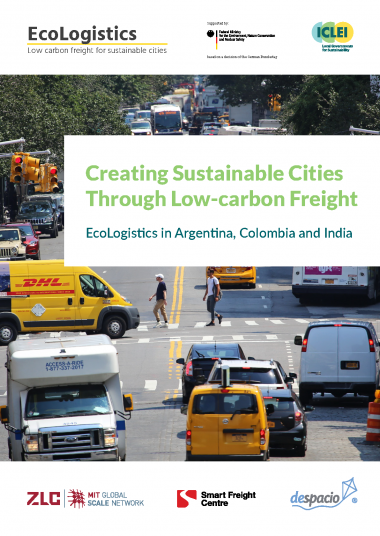
Creating sustainable cities through low-carbon freight: EcoLogistics in Argentina, Colombia and India (EcoLogistics Report 2021)
News





